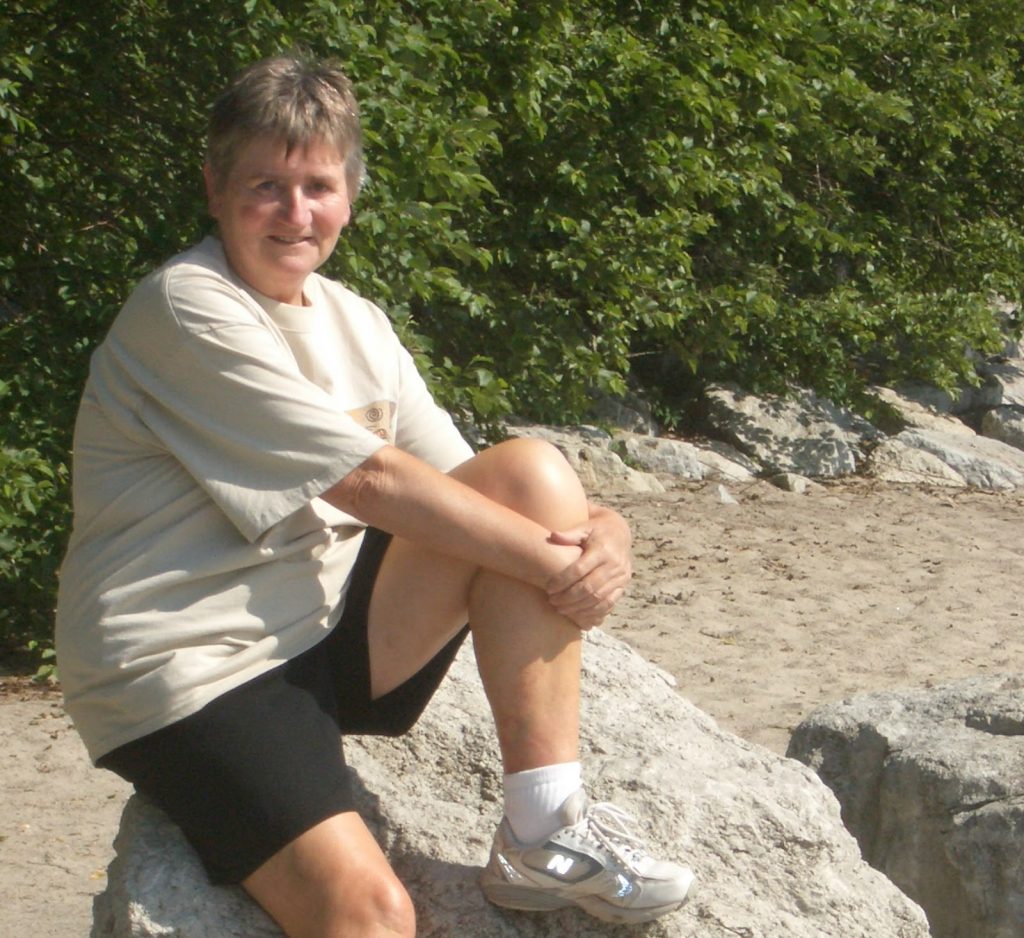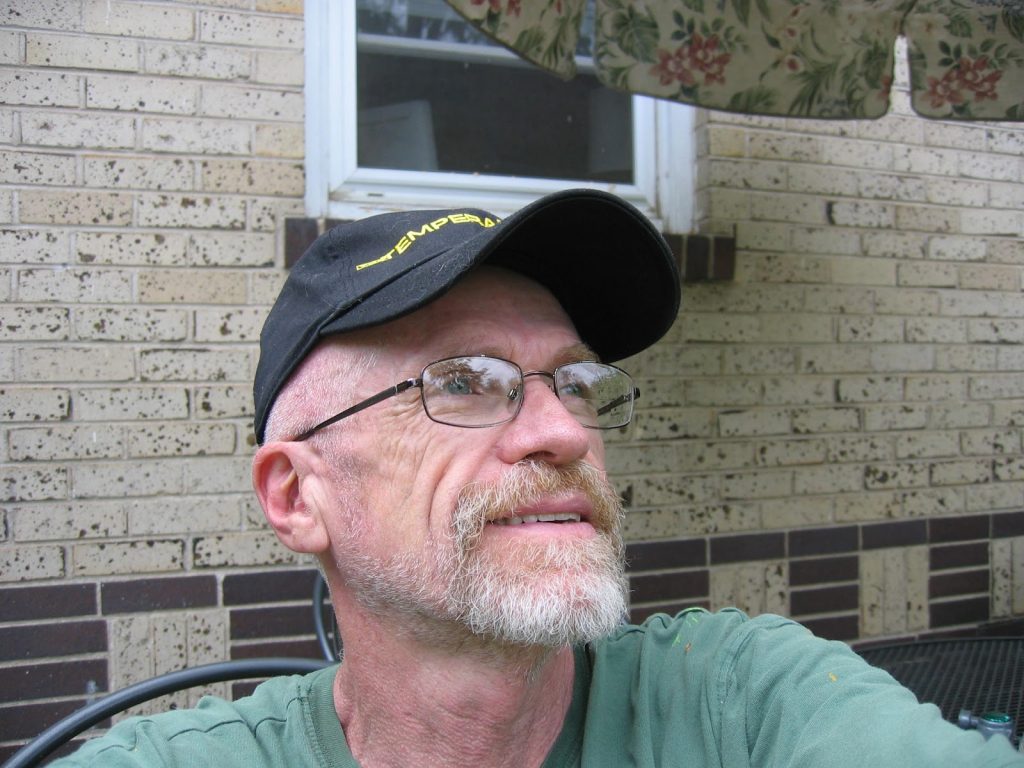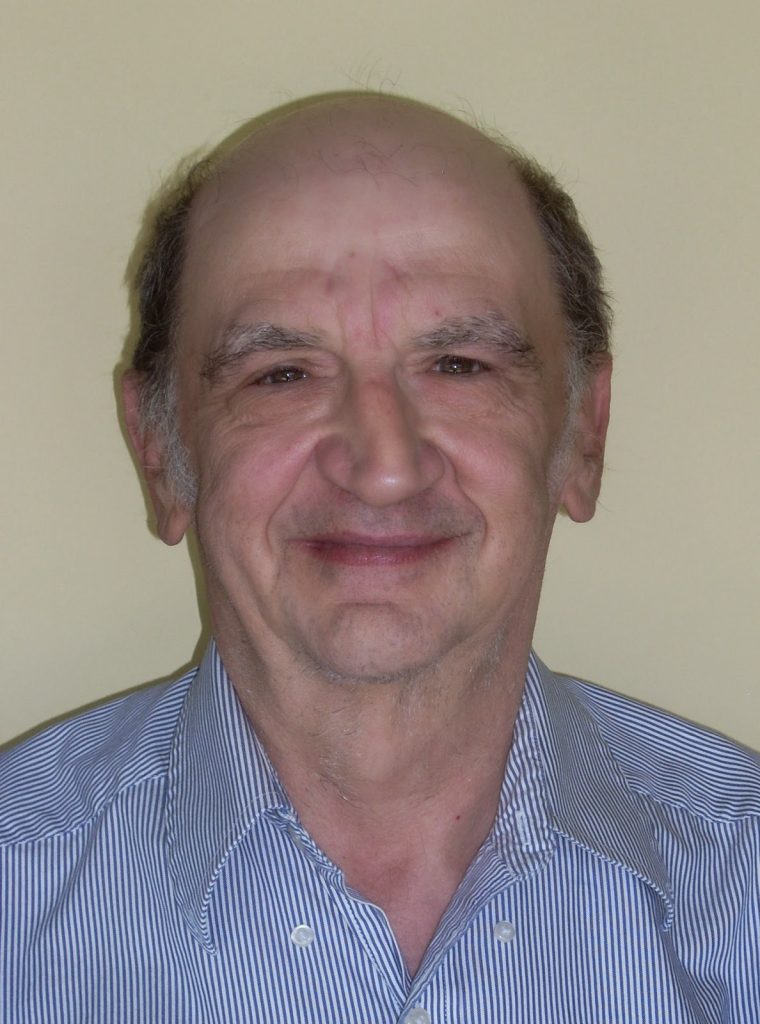perfectly honest with myself, (if that is even a possibility for me or for
anyone, but I do my best,) I fear that there are few, if any statements, at
least with reference to my earlier years, that I could make beginning with those
words. At least if I did, they would all end up like this; “When I decided ….
whatever …. I didn’t
really decide at all but just drifted along due to inertia. Or, was swept away by emotion. Or, Let someone else decide for me.”
always thought I made decisions, but looking back I’m not so sure. Much of the time they certainly
did not add up to what I truly consider to be active decision-making; weighing
the odds, listing the choices, analyzing the figures. At best they were passive
decisions, if decisions at all. In my own defense I must say that I never
simply tossed a coin, but maybe even that would have been more pro-active. At
least the coin toss acknowledges that there is in fact a decision to be made. With
me it was often as if I spaced out the necessary decision completely, and, as
if sleepwalking suddenly woke up in a new situation. And to top off this sad
tale of inadequate thinking, it appears to me that sometimes when I did
actually decide something; it was for the wrong reasons. I have been mighty
lucky, then, that most changes I have drifted or been dragged into, have been
very positive.
college. A good decision made, admittedly subliminally, in order to fix this
queerness I did not even acknowledge having. The men there would be different
from the farm boys at home. I would fall madly in love and live happily forever
after without this unidentified thing eating away at me. A great
decision, my college days were among the happiest in my life, but made for
completely the wrong reason. I hadn’t
been there a week before I fell madly in love with a woman in my class.
with another woman, who one day casually tossed out the suggestion that we go
to the United States for a year. “OK,” I shrugged, and that was the extent of my
decision-making. Had she suggested an excursion to the South Pole I would have
responded in the same way. Talk about decisions for the wrong reasons! And
letting someone else make them for you.
casual, as well. I had trailed my ineffectual self around the U.S. in my
inamorata’s
wake, ending up in Houston where she married a very rich and mighty cute Texan,
which put an end to me as her shadow. I might as well start saving the money to
return to England, I thought, gloomily. The new unwanted man in my life had a
friends in Denver and said I should see Colorado before leaving the U.S.
to go to work for IBM, where I remained for 30 mostly very happy years. I
was working at Shwayder Brothers, later to become Samsonite, when the guy
working next to me said that if I wanted some quick bucks to get myself home, I
should apply at IBM, which at that time was rapidly filling it’s new plant in Boulder with just about anyone
walking in off the street. What an opportunity. It’s difficult in this day and age even to
imagine such a thing, never mind remember the actuality of it. But I don’t recall finding the prospect exciting at all.
permanently, but again I have little recollection of actually making a
conscious decision to stay in Colorado, for all that I recognized I had found
God’s country. It was more a case of
drifting: allowing nothing to happen. In the absence of decisions, the status
quo remains.
product of non-decision. (Which is, by the way, nothing like indecision,
which implies at least some attempt to make a decision.) I simply
drifted effortlessly into the vacuum created by my future husband’s needs.
is, there was no decision involved at all. I was picked up by the cowcatcher of
a runaway train and away I went. I couldn’t stop it and I couldn’t
get off.
me firmly on the ground at it’s
destination, I of course had to leave my marriage. And it was as a result of a
very conscious decision that I left. Not long after that, I came out to
everyone else in my life; another conscious decision. When I asked Betsy if she
would consider actually, really, legally, marrying me last year, that again was
a serious decision.
to myself, in my early 40’s,
I wasn’t myself. I was an actor plugging
along on the stage of life, playing me. But I was not me. At some
deeply-buried intuitional level, I always knew this. So what did I care what
that person playing me did; where she went or how she lived? Why bother making
decisions about what moves this person, in some ways almost a stranger to me,
makes?
real me. The actor was gone. From then on, of course it mattered what happened
to me. ME. MYSELF. The original. The one and only. You talk about being born
again! Suddenly, in middle age, the real me was born. And I am important to me.
I care for me. I make decisions very carefully for me. I most emphatically do
care what I do and where I go and how I live. Finally and forever, I am me.
alive who is Youer than You.”
Dr. Seuss
was born and raised in England. After graduation from college there, I moved to
the U.S. and, having discovered Colorado, never left. I have lived in the
Denver-Boulder area since 1965, working for 30 years at IBM. I married, raised
four stepchildren, then got divorced after finally, in my forties, accepting
myself as a lesbian. I have now been with my wonderful partner Betsy for 25
years.



